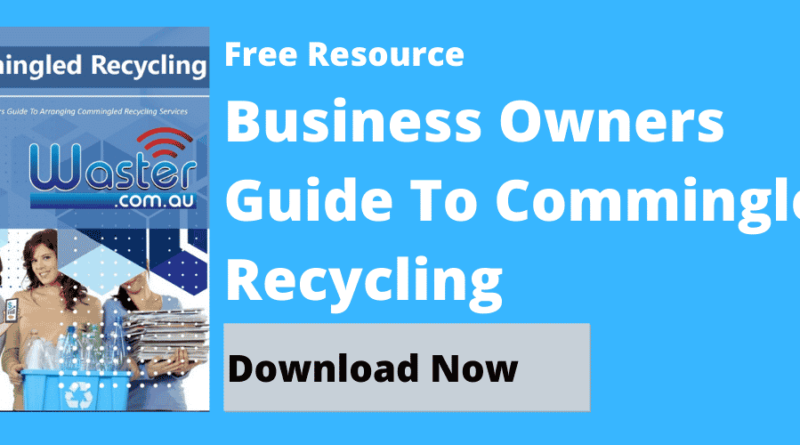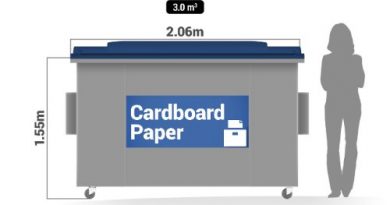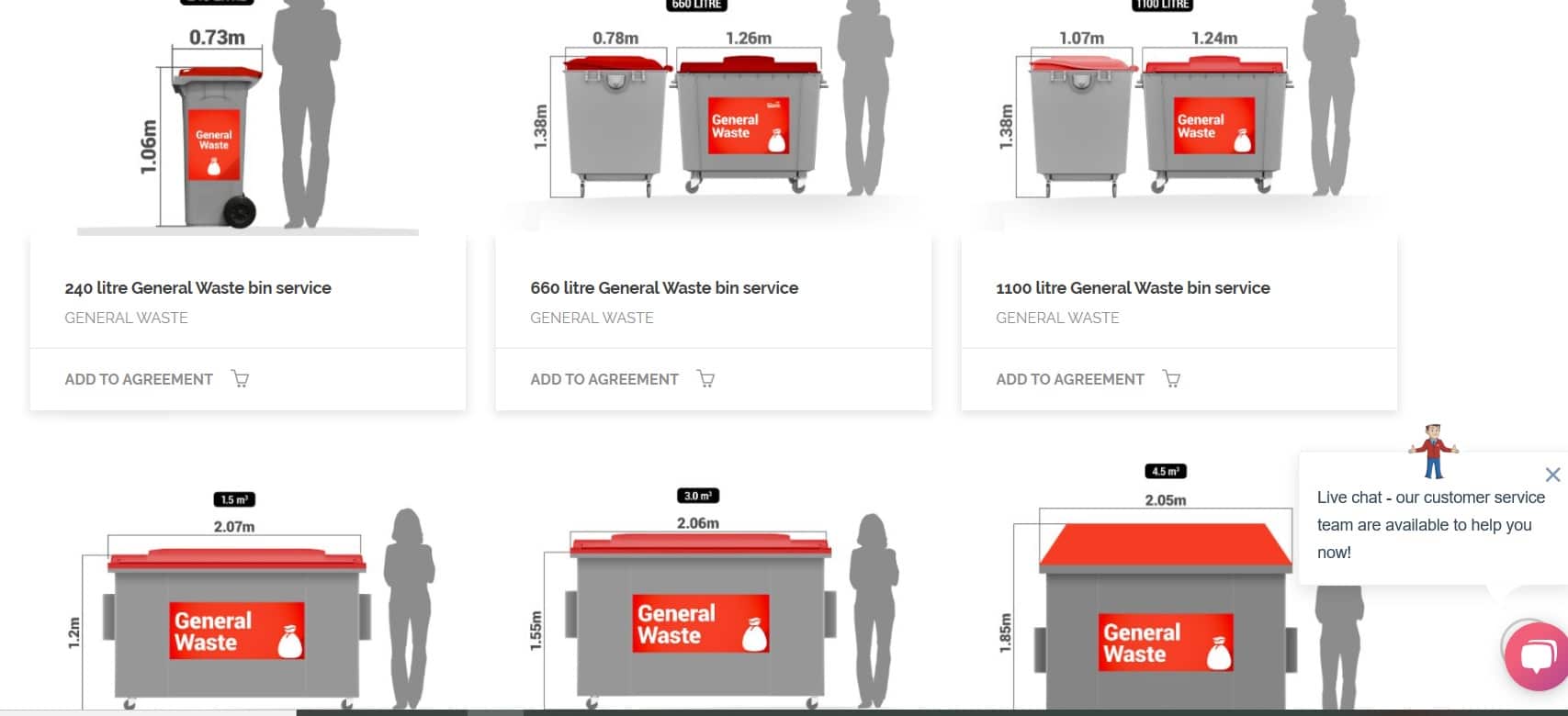Everything You Need To Know About Precycling ♻️
Energy Disrupter
Precycling ♻️: Have you ever explored the concept of precycling? It’s a more proactive approach to waste reduction than recycling. Imagine being able to significantly decrease waste before it even materialises. It involves making conscious decisions while shopping, opting for items with minimal packaging or choosing durable and reusable products. By embracing precycling, we take a step towards a more sustainable lifestyle, reducing unnecessary waste and contributing positively to our environment. It’s a simple yet impactful way to make a difference—one thoughtful choice at a time. Let’s talk about it more below.
To start the year 2024, we here at Waster want to talk about embracing a more sustainable lifestyle, something we think is as interesting as, say, having another leap year! Let’s face it, waste is becoming more of a problem each day. We have to do something about it, right?
>Download Now: Free PDF Business Owners Guide To Commingled Recycling Bin Services
That is where precycling comes in! Truth be told, I have only ever learned of this term recently. It was a term I was unaware of for quite some time – something I had to learn thanks to the Internet, similar to terms such as wishcycling and greenwashing. However, I’ve come to know that I already know the essence of this word, meaning we have already been preaching about precycling without even knowing it!
Now, what exactly is precycling? We have given you a bit of a background about it above, but we want to expand on precycling more below –covering everything you should know about it such as its definition, benefits and some useful examples. Well, let’s get on to it!
More on precycling
If we compare precycling and recycling, we here at Waster would think of the former as the better option. Let us discuss why.
First, let us define precycling. Precycling is a proactive waste reduction strategy centred around making thoughtful and informed choices before purchasing goods. It involves selecting products with minimal packaging, opting for items that can be reused or are made from recycled materials, and favouring durable goods to reduce waste generation at the source.
The essence of precycling lies in preventing waste even before its creation, emphasising conscious consumer decisions that contribute to a more sustainable and environmentally friendly lifestyle.
And, going back to talking about precycling as being a better option than recycling, we have this to say.
The advantages: a better option than recycling
Precycling offers several advantages over recycling:
- Waste Prevention: Precycling prevents waste from being generated in the first place, whereas recycling deals with managing waste after it’s already produced. By making mindful choices before purchasing, less waste is created, reducing the burden on recycling facilities and landfills.
- Resource Conservation: Recycling involves processing and reusing materials, which requires energy and resources. Precycling reduces the need for this energy-intensive recycling process by avoiding unnecessary waste in the first place and conserving resources like water, energy and raw materials.
- Environmental Impact: Whilst recycling is vital, it still requires transportation, sorting, and processing, which can have environmental impacts. Precycling minimises the need for these processes, resulting in a smaller carbon footprint and less pollution.
- Efficiency and Effectiveness: Precycling is more efficient as it eliminates the need for sorting and processing materials after use. It’s a proactive and straightforward approach that places the onus on consumers to make informed choices, leading to immediate waste reduction.
- Cost-effectiveness: Precycling can be more cost-effective for individuals and communities by reducing the volume of waste that needs to be managed. It can also save on recycling and waste management expenses.
By emphasising prevention at the source, precycling complements recycling efforts and contributes to a more holistic approach to waste management. It encourages a shift in mindset, empowering individuals to make conscious decisions that have a direct impact on reducing waste and preserving resources.
Benefits of precycling
Below, we provide you with some examples of the benefits of precycling.
- Waste Prevention: By making conscious choices before purchasing, individuals can significantly reduce the amount of waste generated.
- Environmental Impact: Precycling contributes to lower resource consumption, reduced energy use and fewer greenhouse gas emissions associated with production and disposal.
- Cost Savings: Opting for reusable and durable items can save money in the long run by reducing the need for frequent purchases.
How to precycle
Precycling is not that difficult if you put your head and heart into it. Here’s how you can do so!
- Research and Awareness: Educate consumers about precycling by providing information on different materials, their recyclability and sustainable alternatives.
- Promoting Responsible Choices: Encourage the adoption of sustainable habits through community initiatives, educational programs and practical tips.
- Collaboration and Advocacy: Partner with businesses, local authorities and organisations to promote precycling initiatives and advocate for policies supporting waste reduction.
Some examples of precycling
For you to get a better grasp of precycling, we will provide some examples below. It is as something as simple as this:
Picture a family planning a picnic. Instead of buying individually packaged snacks, they opt for a bulk purchase of snacks and fruits from a local market. They bring reusable containers and cloth bags, avoiding single-use plastics.
They consciously choose products with minimal packaging or items packaged in recyclable materials. By planning ahead and considering their choices before purchasing, they significantly reduce the amount of waste generated during their picnic.
This scenario showcases precycling in action—an intentional effort to minimise waste by making thoughtful decisions before the products even reach their home or the picnic spot.
Contact Waster right now for your waste and recycling needs now!
Does your Australian-based business need waste and recycling services? If so, then you have come to the right site!
Please call 1300 WASTER (1300 927 837). You can also email us at info@waster.com.au or enquiries@waster.com.au if you have further questions. Find the best deals in terms of waste and recycling pricing and services!










